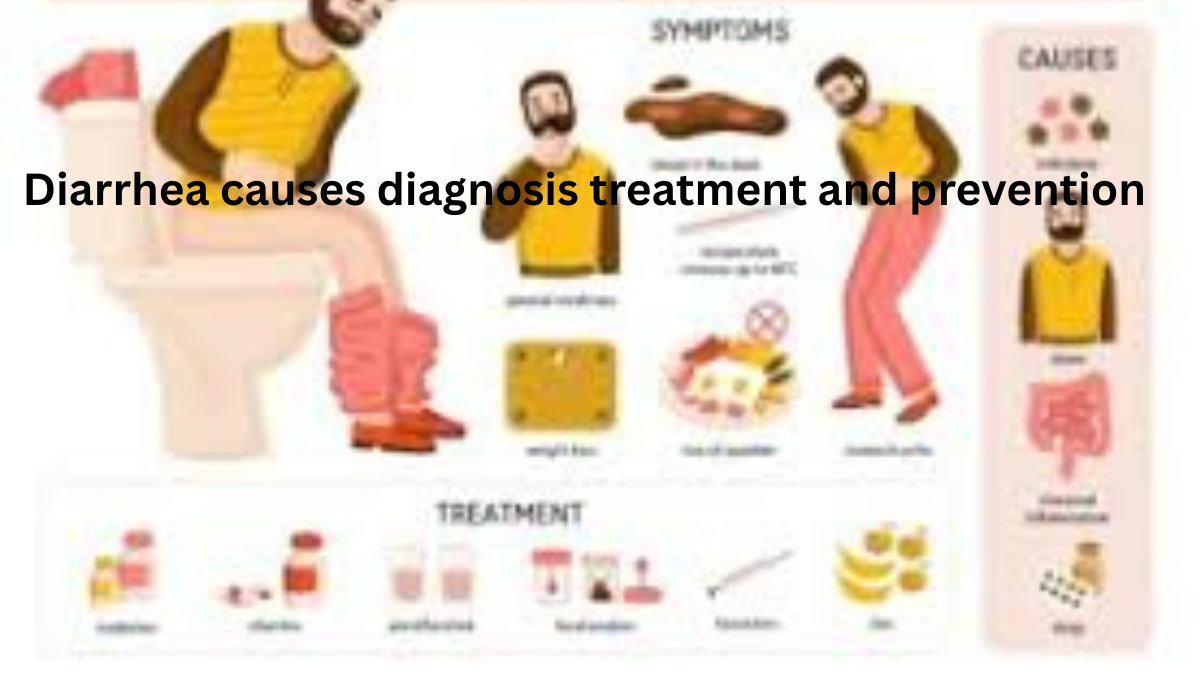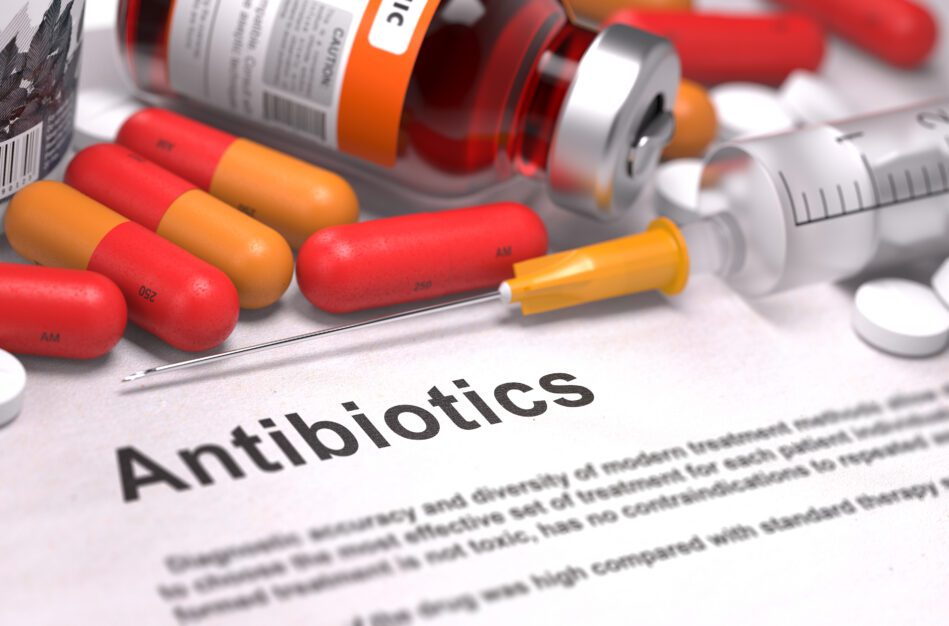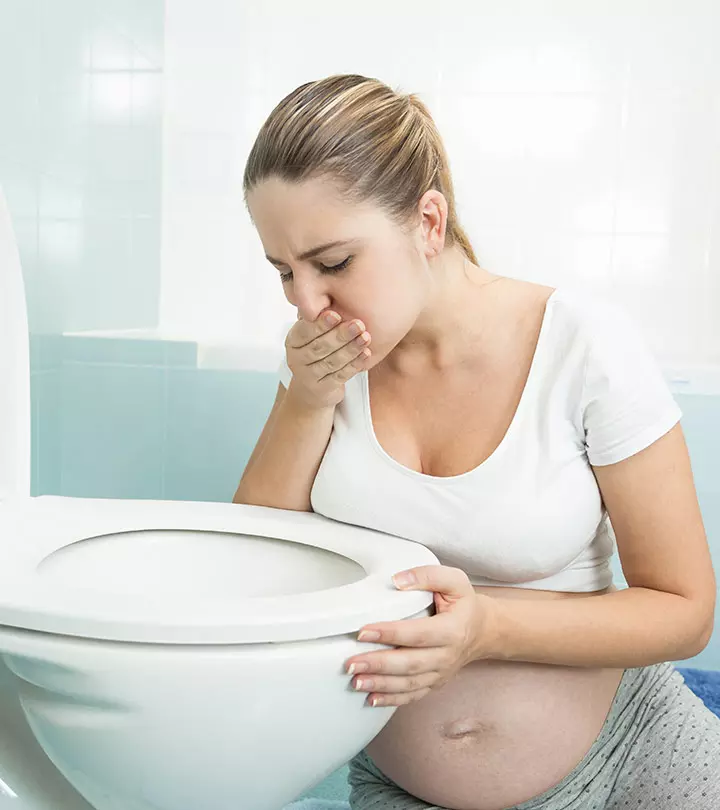Diarrhea causes diagnosis treatment and prevention Diarrhea can be quite uncomfortable but it usually doesn’t indicate a serious health
problem Almost everyone experiences diarrhea occasionally adults have an average of about four episodes a year and

children will experience diarrhea about 5 times by age of 10 many things can cause diarrhea including
infections adverse reactions to
medications intestinal disorders such as celiac disease
Crohn’s disease or IBS and food allergies or intolerances most short term cases of diarrhea clear up without treatment but diarrhea that lasts
more than two weeks should be evaluated by a doctor Diarrhea can be more serious in children as they become dehydrated more quickly.
The dangers of diarrhea in children
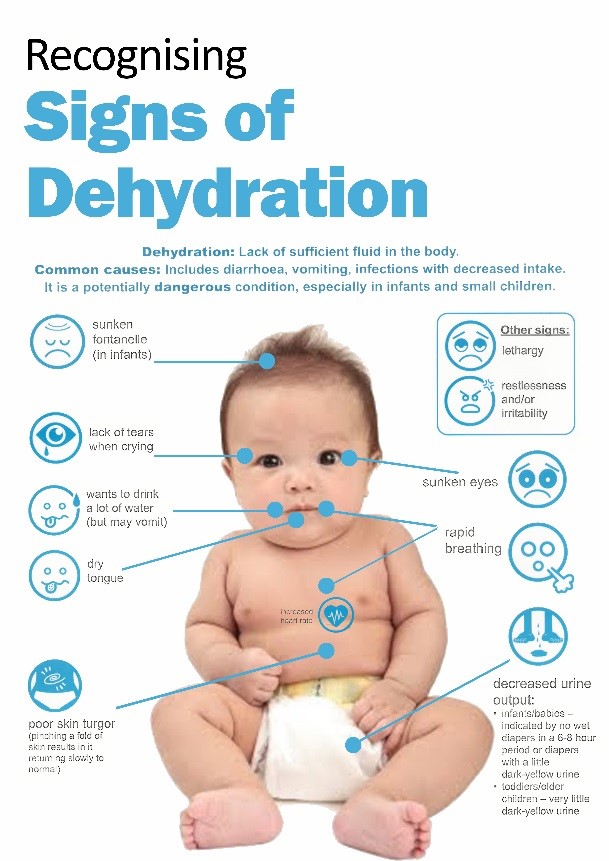
children of nay age can get diarrhea but it is more common in babies and toddlers and it can quickly go form uncomfortable to dangerous if dehydrated. The most frequent cause of diarrhea in children is infection , but another common cause is too much sugar form juice or other drinks. Diarrhea causes diagnosis treatment and prevention
What causes diarrhea?
:max_bytes(150000):strip_icc()/causes-of-diarrhea-sudden-or-chronic-1324505-5bb7c1e8c9e77c0026b0f77a.png)
Many different things can cause diarrhea. Acute diarrhea, which lasts more than three days, is usually caused by a bacterial or viral infection. In contrast , chronic diarrhea, which lasts for two weeks or more is more likely to be caused by an underlying digestive condition such as an
intolerance to certain foods IBS cronh disease or ulcerative colitis . Medication , including antibiotics , antacids , and high blood pressure medication are another common cause of diarrhea.
Diagnosing the cause of diarrhea
Several types of tests may be done to determine and diagnose the cause of diarrhea. once a doctor has
performed a medical exam, which may include carefully felling the abdomen and examining the rectum , blood tests are usually ordered to look for evidence of infection, electrolyte
imbalances (salts in the blood ) anemia or inflammation . your doctor may ask for some of your
diarrheal stool in a special container to be sent to a lab for testing .the following further tests may be ordered to help determine the cause of diarrhea:
- Sigmoidoscopy: A test in which a lighted tube with a camera in the end is inserted into the rectum to view the rectum and lower part of the colon.
- coloscopy: This test involves inserting a lighted tube with a camera into the entire colon to check for abnormalities. the patient is immobilized during a colonoscopy.
- imaging: This may include CT MRI and another scanning tests that gives a multidimensional view of the digestive system.
- Urine test: your doctor may also order a urine test to determine if you are dehydrated form diarrhea and need treatment.
- Elimination diet: doctor usually ask you to eliminate certain food form your diet one at a time , for a set period of time . for example , what products, dairy products, and other food items eliminated while avoiding them to see if your diarrhea and over all digestive health improve.
Diarrhea Treatment
Typically , diarrhea lasts only a few days ( three days) and you will recover without any treatment .
but there are some treatment option that can help you feel better and avoid any serious complication
, including drinking plenty of fluids to replace the water and salts lost in your
stool. you will also want to stick to be bland diet to avoid irritating your intestines. over the counter
medication can also be helpful in stopping diarrhea at times but they should not be used for more
than two days . your doctor may also prescribe medication to address the causes of your diarrhea , such as an infection.
Diarrhea prevention
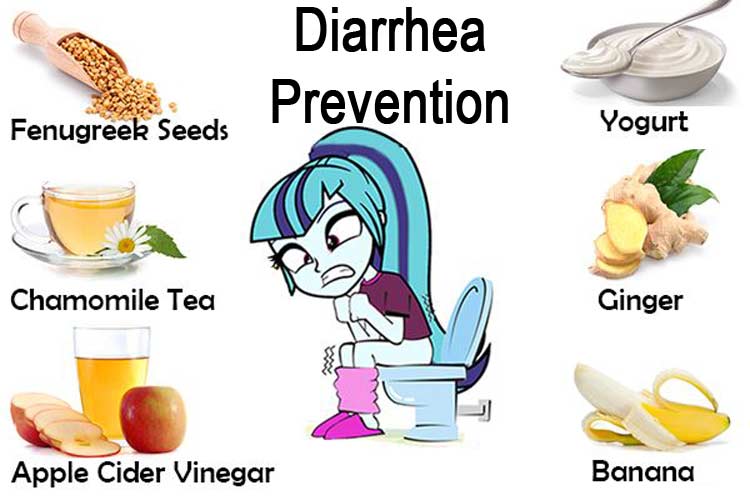
the key to preventing diarrhea in the short term is good hygiene. viruses and bacteria that cause diarrhea
can spread through
human contact,
so touching anything that has been in contact with some one who has diarrhea can put you at risk. the best
way to prevent diarrhea ( caused
by infection) ids to keep our hands clean and stay away from people who are sick. Undercooked meat and other foods can also harbor bacteria
that cause diarrhea, so cleanliness in the kitchen is another important step. in addition to food hygiene and not eating
out in unclean places, drinking clean water also helps prevent diarrhea.

